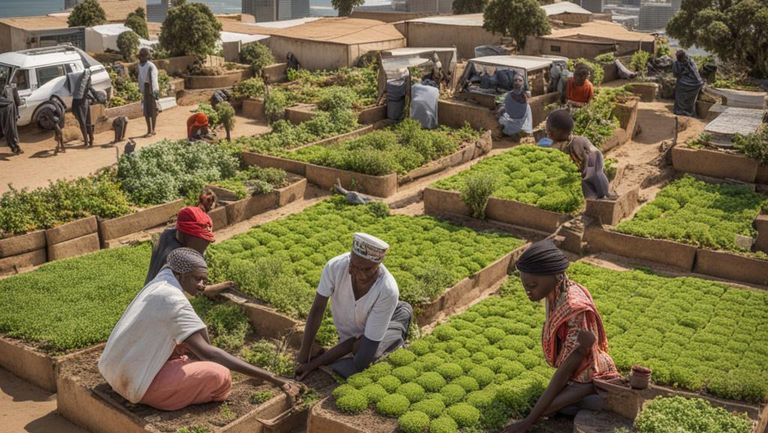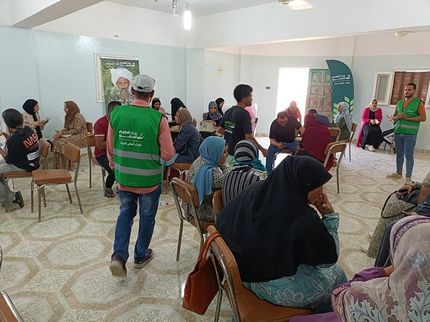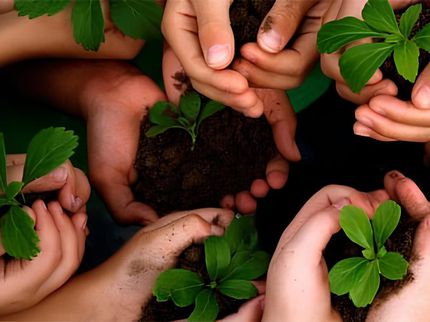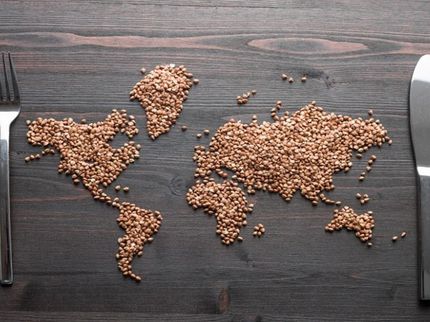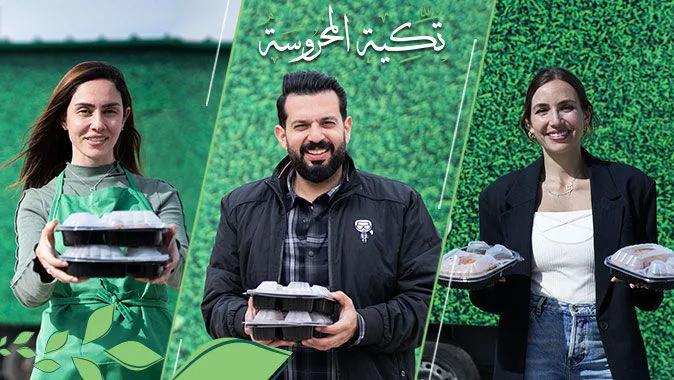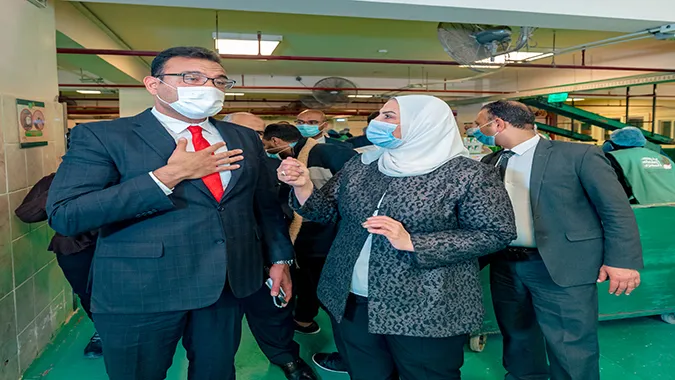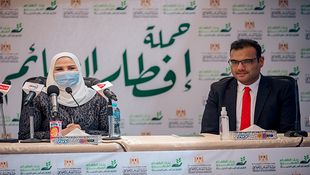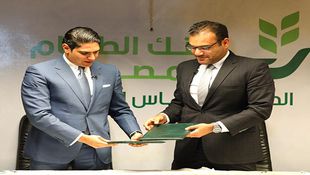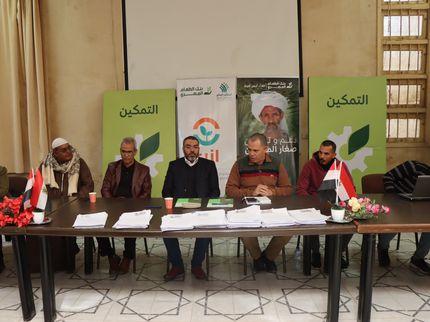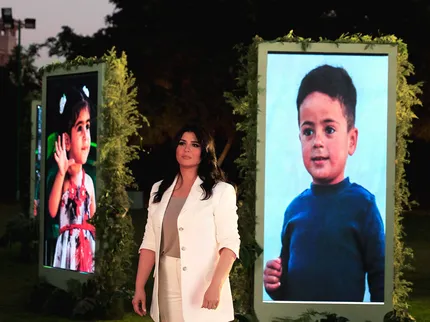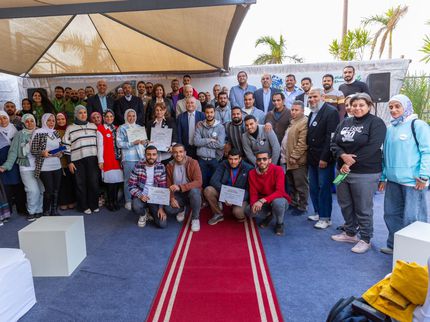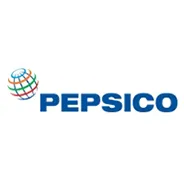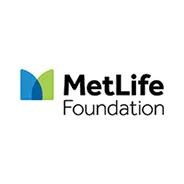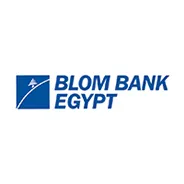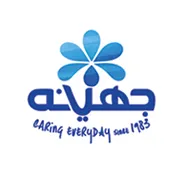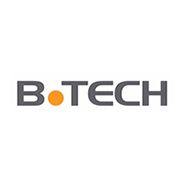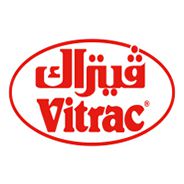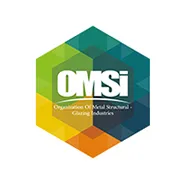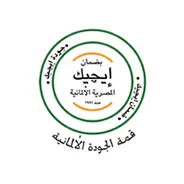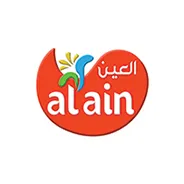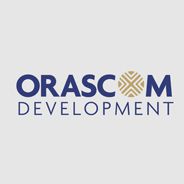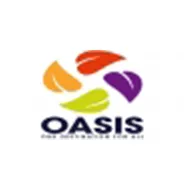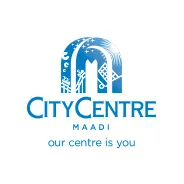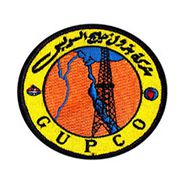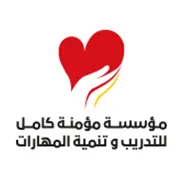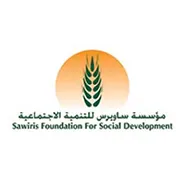Reimagining Africa’s Agri-Food Future: Urban Farming, Coastal Tourism, and the Power of Cinema
In a world where hunger continues to rise, food insecurity is no longer just a development challenge—it’s a call to action. In 2022, a staggering 700 million people globally experienced hunger. Another 2.4 billion suffered from moderate or severe food insecurity. Even more shocking, over 3 billion people—42% of humanity—couldn’t afford a healthy diet in 2021.
Food systems, while essential to survival, are also part of the problem. They are responsible for 31% of all human-caused greenhouse gas emissions and are driving biodiversity loss at an alarming pace.
This global crisis has prompted UNDP, alongside local and global partners, to reimagine the future of agri-food systems in Africa. Through foresight tools, collective intelligence workshops, and deep collaboration with rural communities, three promising signals of change are emerging: urban farming and hydroponics, coastal agrotourism, and the role of cinema in awareness and capacity-building.
Urban Farming & Hydroponics: Growing Resilience Within Cities
Could the future of agriculture lie within the city limits?
To make this vision a reality, several priority actions emerged:
- Develop a sustainable urban agricultural strategy for Cairo and other cities.
- Promote climate-smart crops through consumer-producer alignment.
- Train a new generation of urban farmers and food processors.
- Design blended finance models and conduct feasibility studies.
- Create a central digital cooperative to support farmers as entrepreneurs.
- Expand market access through contract farming and strategic partnerships.
Urban farming is not just a trend—it’s a necessity for food security, climate resilience, and social inclusion.
Agrotourism & the Blue Economy: Coastal Transformation with “Blu-GET Africa”
What if tourism didn’t just take from nature but gave back to it—and to the people who care for it?
Agrotourism has emerged as a powerful signal for rural revitalization and cultural preservation. During our visioning exercises with communities across Africa, we imagined a 2050 where agrotourism is thriving. Farmers are no longer stigmatized, but celebrated as cultural ambassadors and green entrepreneurs. Women lead startups connecting agriculture with art, cuisine, and local traditions. Ministries align on shared goals across agriculture, tourism, and economic development.
This thinking inspired the birth of Blu-GET Africa—a cross-continental initiative that fuses agrotourism with marine tourism. With 12 consortium partners, Blu-GET Africa aims to strengthen sustainable coastal development and position African destinations as global leaders in eco-tourism.
Key pillars of the Blu-GET Africa initiative include:
- A feasibility study to benchmark socio-eco-digital innovations.
- A Sustainable Coastal Tourism Hub and capacity-building framework.
- Two pilot projects—Agrotourism and Fishery Tourism—in Egypt, Kenya, South Africa, and Mozambique.
- A scaling roadmap targeting 20+ countries and the creation of 15,000 jobs in five years.
Africa’s blue economy already generated $296 billion and 49 million jobs in 2018. With strategic investment, it could reach $576 billion and 127 million jobs by 2063. Blu-GET Africa is our invitation to co-create this future.
Cinema: A Cultural Engine for Capacity Building
But systems don’t change without people—and people don’t change without stories. That’s where cinema comes in. Across Africa, storytelling is a vital cultural force. Through our work with the Pan-African Chamber of Commerce, we learned that rural communities see cinema as a powerful medium for awareness, education, and behavior change. Whether it's urban farming or sustainable fishing, the right film can ignite a movement. By linking cinema to educational curricula, university research, and even summit platforms like the U.S.-Africa Tech Summit, we can scale not only innovations—but the cultural readiness to embrace them. Cinema has a 70% higher retention rate than other media and can be a key tool for spreading knowledge on:
- Climate-smart agriculture
- Women in green tech
- Sustainable finance
- Health innovations
- Digital skills for youth
- Support for migrants and refugees
Cinema is more than entertainment—it’s a driver of systemic transformation.
COP16: A Platform for Validation and Action
To ground these signals in reality, our lab partnered with the Egyptian Food Bank to host a session during COP16, focusing on the intersection of agri-food innovation and climate action.
Key takeaways included:
- The need for industrial hubs and agri-food factories near farmland.
- Debate on whether Egypt’s low labor and water costs challenge or support urban farming.
- Urban farming’s potential for high-value crops and carbon credit generation.
- Starting with schools to instill a food-resilient mindset in future generations.
- Leveraging cinema and storytelling to shape consumer behavior.
COP16 confirmed that these signals are not just ideas—they are levers for real, scalable change.
Together, we’re planting the seeds of a resilient, inclusive, and sustainable food future for Africa.
Written by:

Engy Abdel Wahab, Head of Exploration at UNDP Egypt Accelerator Lab

Rawan El-Bendary, Social Media, Research Assistant and Online UNV at UNDP Egypt Accelerator Lab

